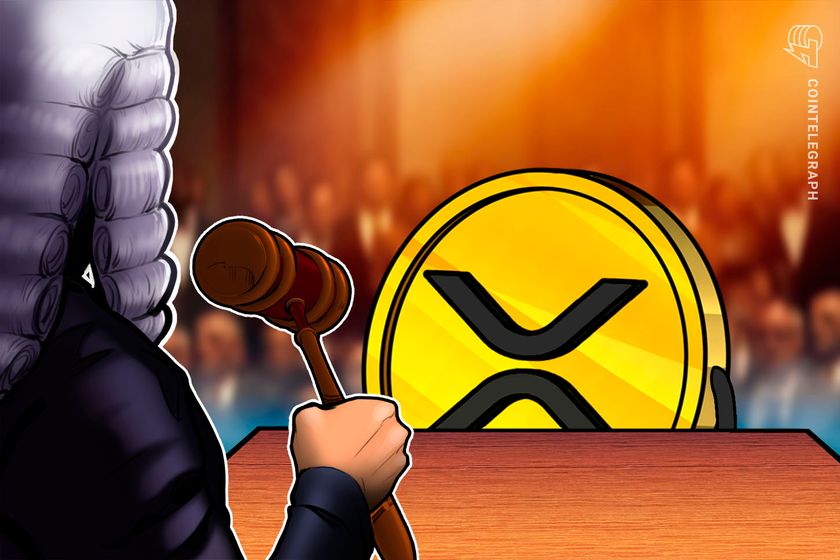

A crypto lawyer has sued the US Department of Homeland Security, alleging the agency may know who created Bitcoin — compelling the department to share what it knows.
The Freedom of Information Act lawsuit was filed by James Murphy, who based his accusations on claims made by DHS Special Agent Rana Saoud at a conference in April 2019, where she said a few of her colleagues had previously met with four people involved in creating Bitcoin.
“My FOIA lawsuit simply asks for the notes, email and other documents relating to that alleged interview,” Murphy posted to X after announcing the April 7 suit.
“IF the interview really happened as the DHS Agent claimed, there should be documentation of the substance of that meeting,” added Murphy, who goes by MetaLawMan on X.
Source: James Murphy
Speaking at the OffshoreAlert Conference North America in Miami in April 2019, Saoud said DHS agents met with the four people it believed to have created Bitcoin, asking what their motives were and what the “end game” is for Bitcoin.
“The agents flew to California and they realized that he wasn’t alone in creating this, there were three other people, they sat down and talked with them to find out how this actually works and what the reason for it was,” Saoud said in the presentation, which is available on YouTube.
If the DHS resists disclosure, Murphy said he will “pursue the case to conclusion” to solve the mystery.
Murphy, however, noted that it is possible that Saoud and the other DHS agents were mistaken and did not interview the real Satoshi Nakamoto.
Related: Satoshi Nakamoto turns 50 as Bitcoin becomes US reserve asset
Murphy is being assisted by former Assistant US Attorney Brian Field, who specializes in Freedom of Information Act litigation.
The purpose of the Freedom of Information Act is to promote transparency and accountability by granting the public access to information held by the government.
Efforts to identify Satoshi Nakamoto have failed
The lawsuit follows a wave of recent efforts attempting to uncover Satoshi’s identity.
Last October, a controversial HBO documentary claimed that Peter Todd, a Bitcoin cypherpunk, invented Bitcoin. Todd refuted that conclusion, and most industry pundits said HBO’s evidence was weak.
Nick Szabo, Adam Back and Hal Finney have also had their names tied to Satoshi’s identity. Szabo and Back regularly refute claims they’re Satoshi, as did Finney before he died in 2013.
Meanwhile, members of the Bitcoin community are split on whether unveiling Satoshi’s identity would be a net positive for Bitcoin.
Some worry that revealing Satoshi’s identity could compromise Bitcoin’s decentralized ethos and put Satoshi’s safety at risk, while others want to be reassured that Bitcoin wasn’t created by the US government.
Magazine: 10 crypto theories that missed as badly as ‘Peter Todd is Satoshi’



